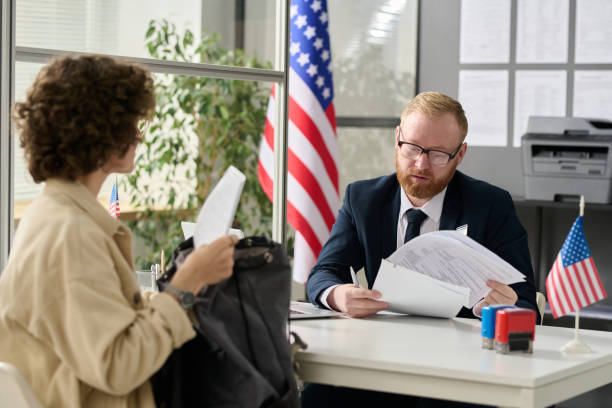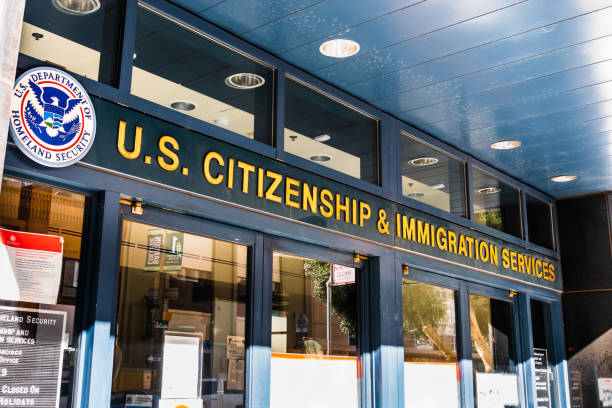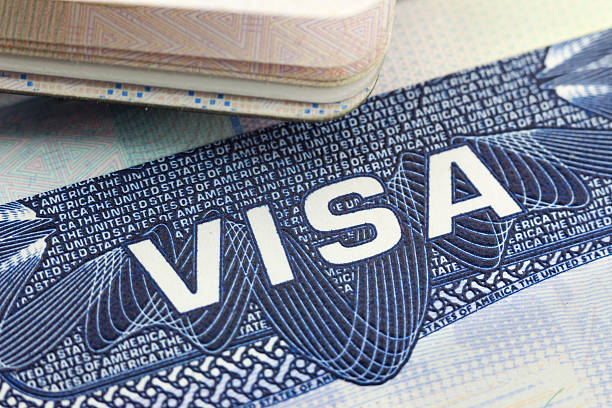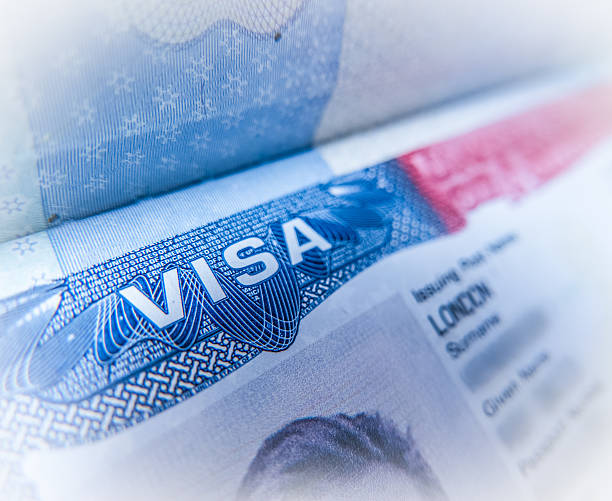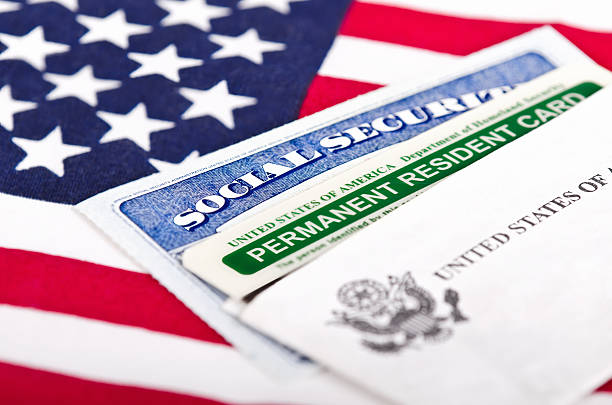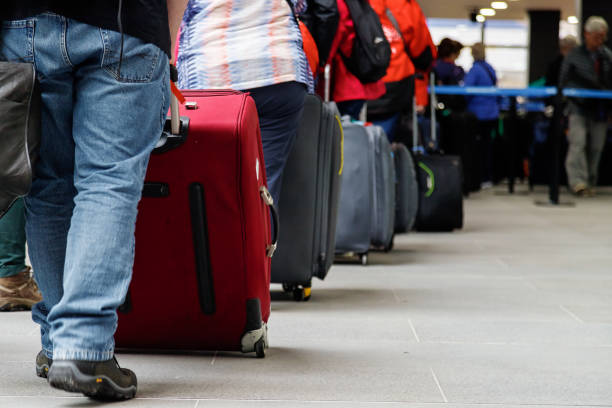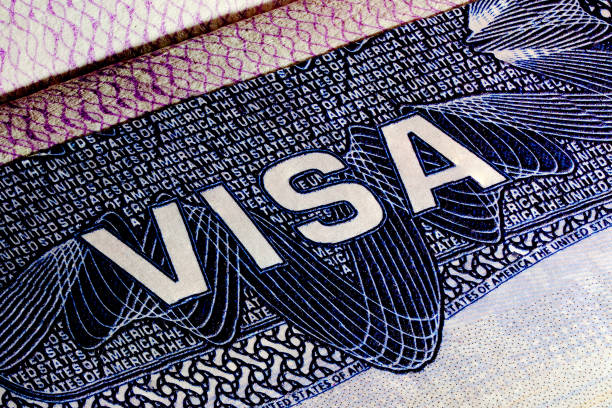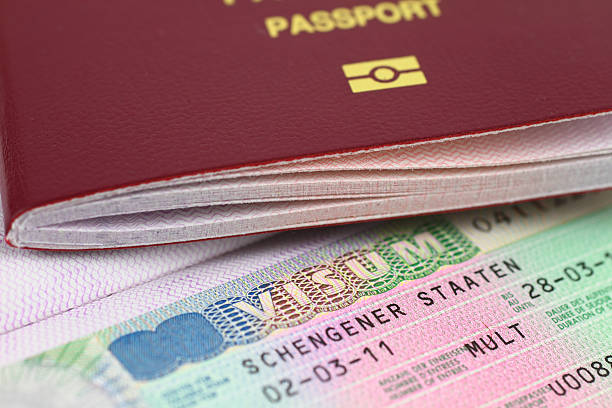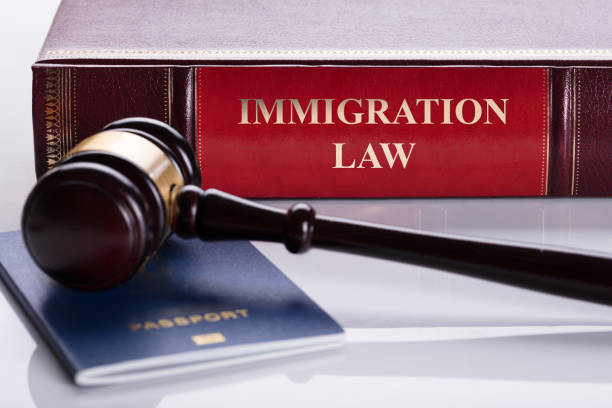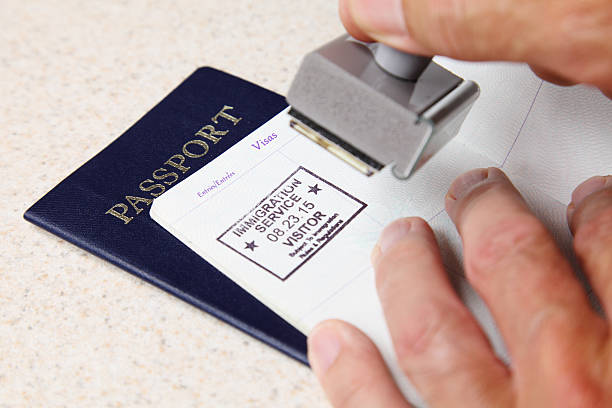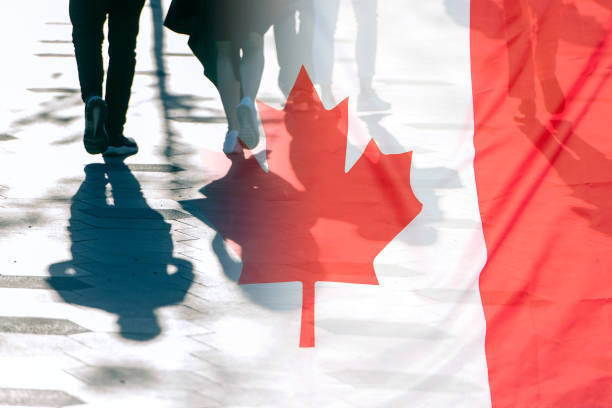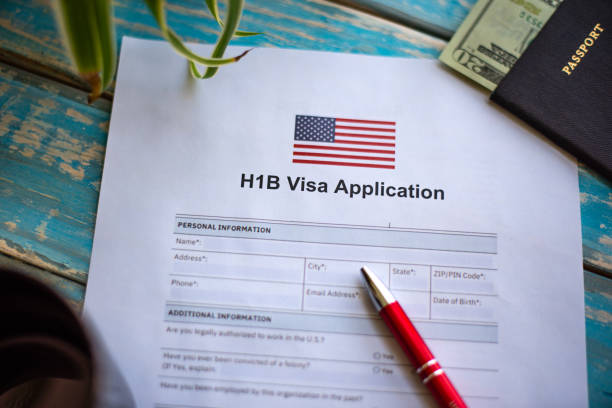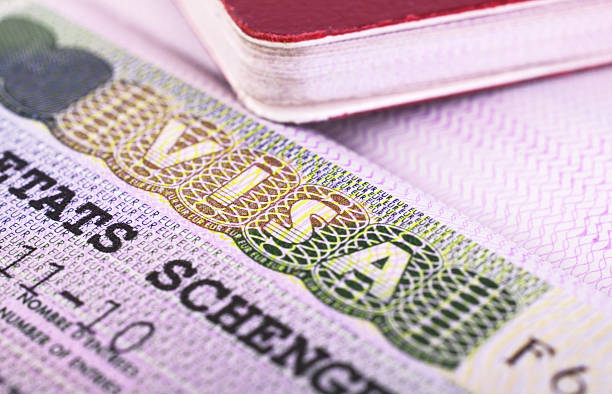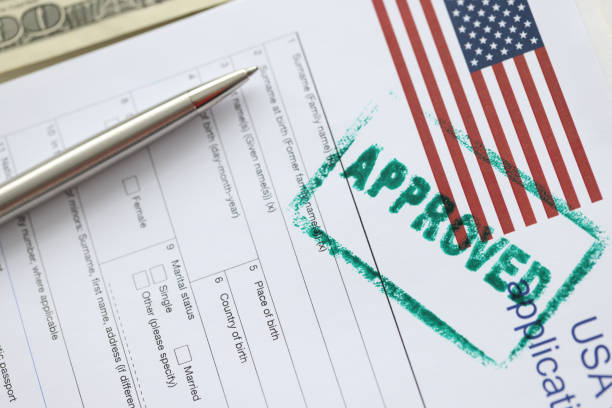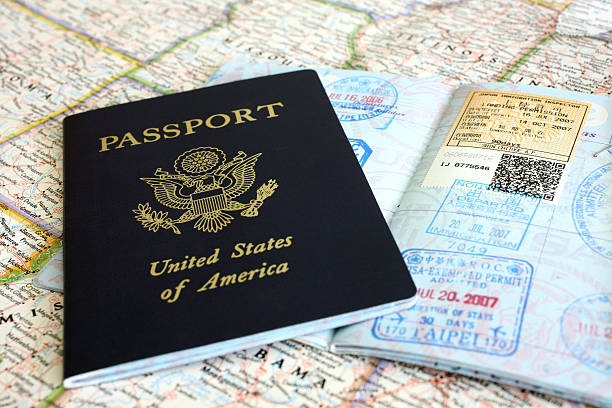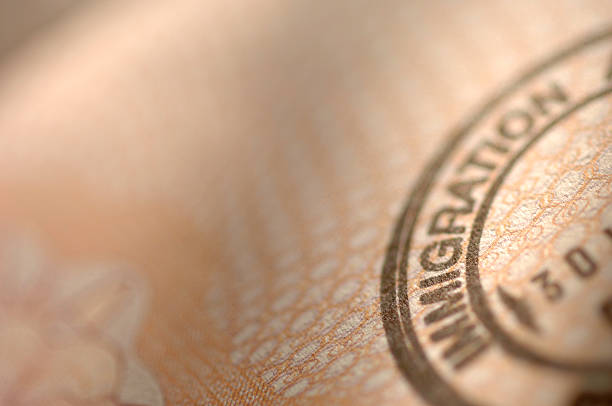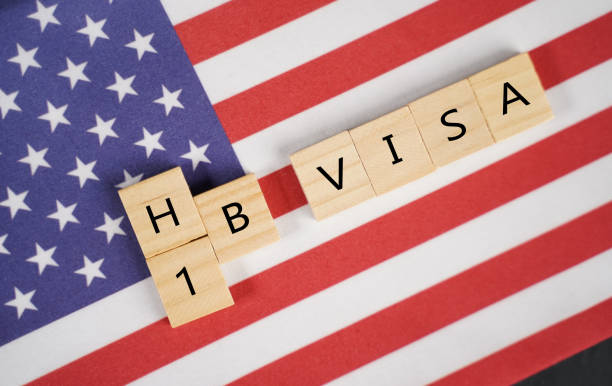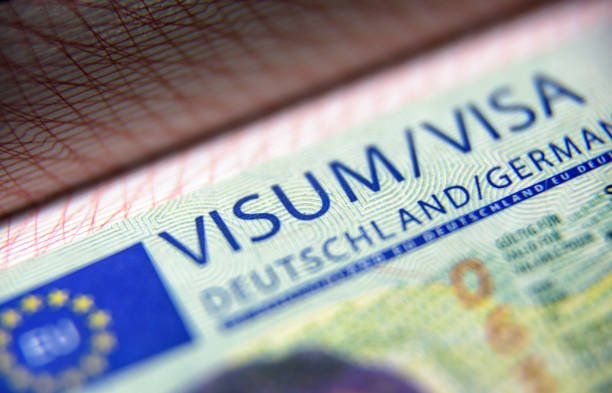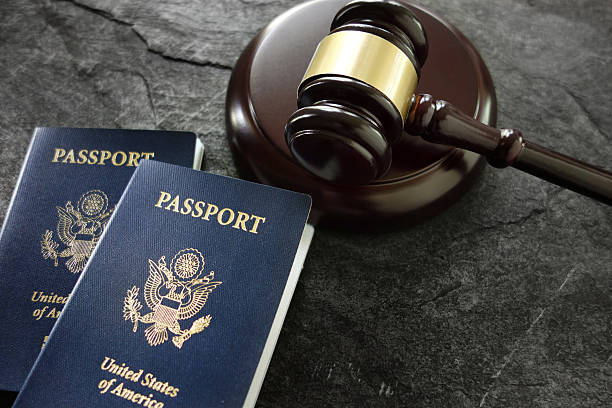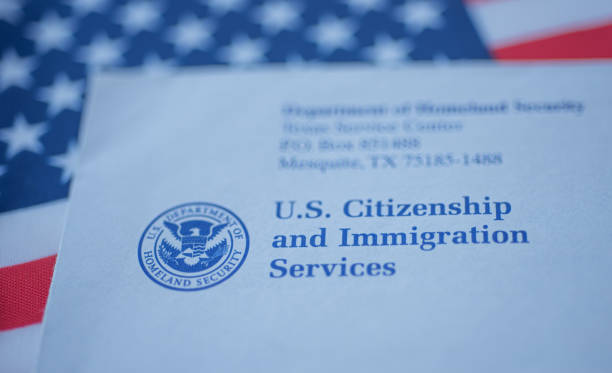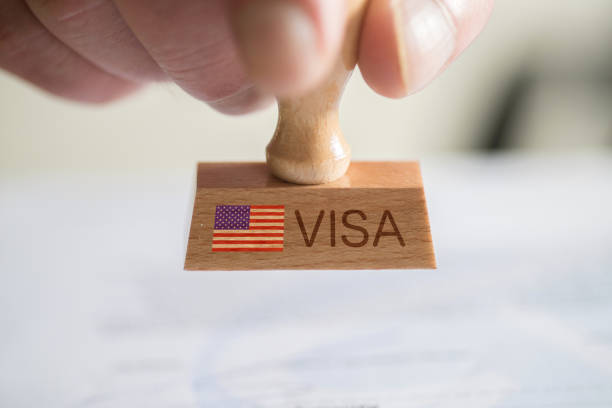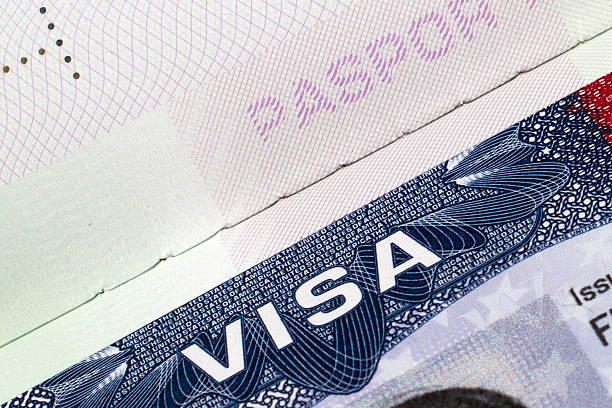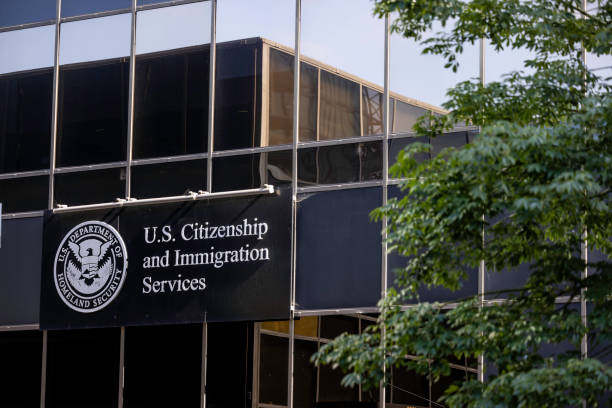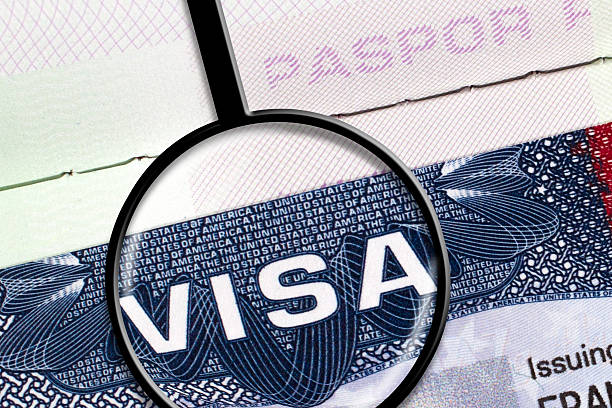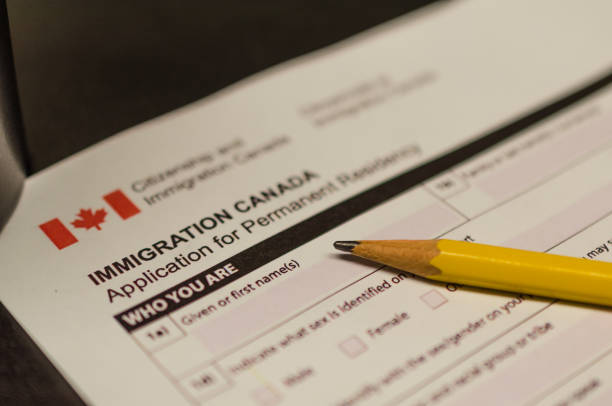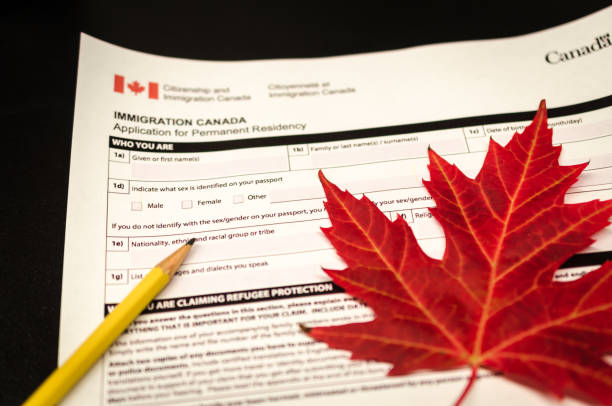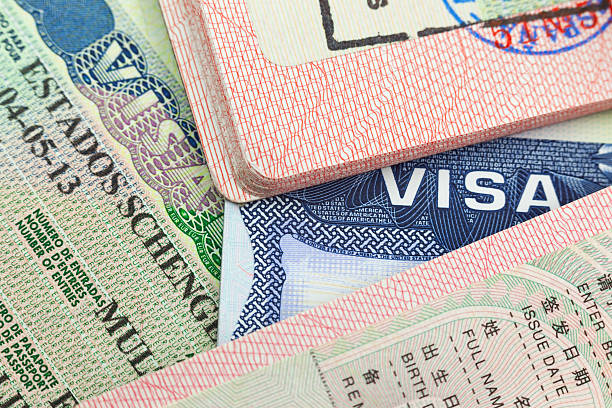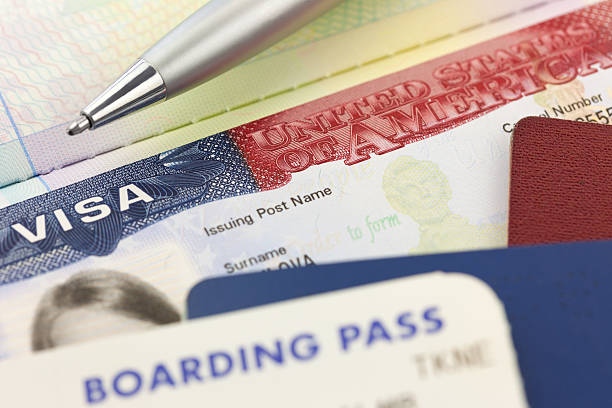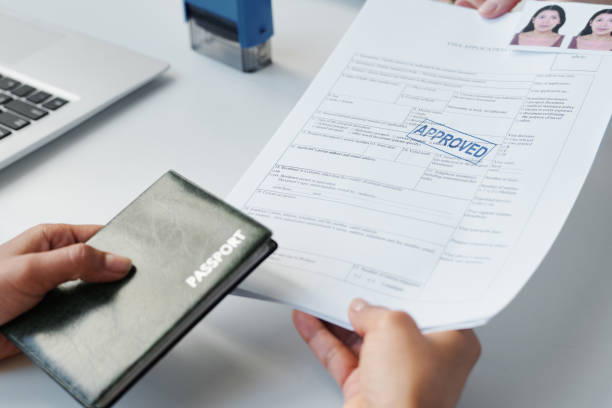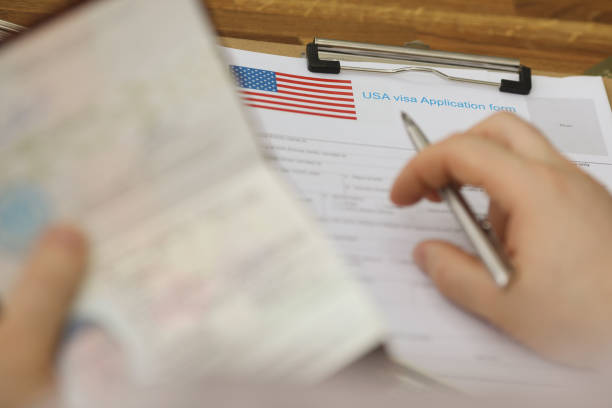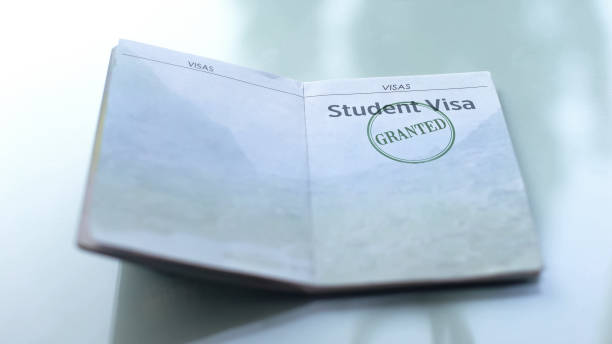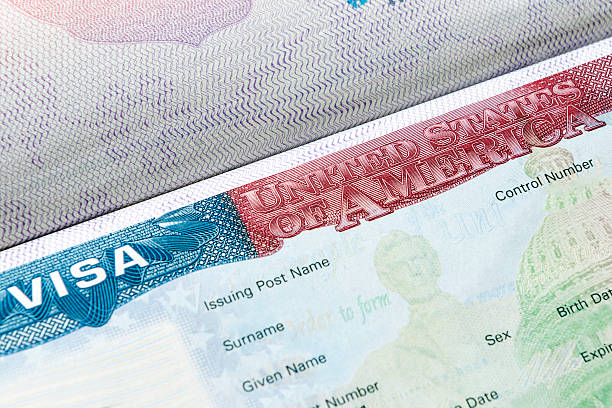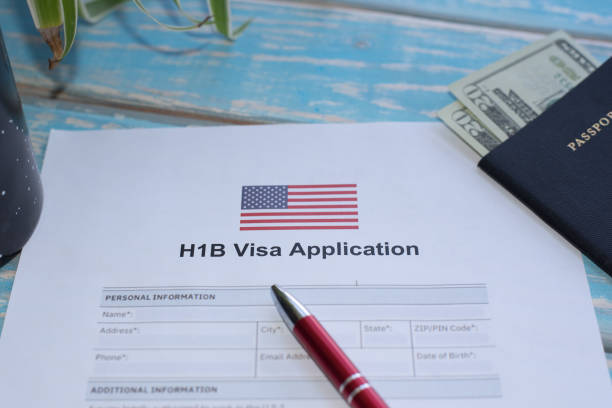
The Most Common Reasons for Visa Denial
The Most Common Reasons for Visa Denial
Applying for a visa can be a complex and nerve-wracking process. After putting in time, effort, and resources into an application, a visa denial can be disappointing and stressful. Understanding the common reasons for visa denial can help you better prepare and increase your chances of a successful application. Below, we explore some of the most frequent causes of visa denial and offer tips on how to avoid them.
1. Incomplete or Incorrect Application Forms
One of the most common reasons for visa denial is submitting an incomplete or incorrect application form. Missing information, spelling errors, or incorrect details can lead to an automatic rejection. It is crucial to fill out all required fields accurately and double-check your application for any mistakes before submission.
2. Insufficient Financial Proof
Most countries require proof that you have sufficient funds to support yourself during your stay. If the financial documents you provide do not meet the requirements or do not demonstrate adequate funds, your visa application may be denied. Ensure that you provide up-to-date bank statements, proof of income, or financial guarantees that clearly show you have the necessary funds.
3. Lack of Strong Ties to Home Country
Visa officers need to be convinced that you will return to your home country after your visit. If you cannot demonstrate strong ties, such as family, employment, property, or other commitments, your application might be denied. To avoid this, provide documents that prove your intention to return, such as a letter from your employer, proof of property ownership, or a return ticket.
4. Inadequate Documentation
Submitting incomplete or missing supporting documents is another common reason for visa denial. Each visa type has specific documentation requirements, and failing to provide the necessary documents can result in rejection. Carefully review the checklist provided by the embassy or consulate and ensure you submit all required documents.
5. Criminal Record
Having a criminal record can significantly impact your visa application. Many countries conduct background checks and may deny a visa if you have been involved in criminal activities. Be honest about your criminal history and consult with an immigration attorney if you have concerns about how it might affect your application.
6. Failure to Attend Visa Interview
For many visa types, attending a visa interview is a mandatory part of the application process. Failing to attend the interview or arriving late can lead to a denial. Prepare for the interview, arrive on time, and bring all necessary documents to increase your chances of a successful outcome.
7. Previous Visa Violations
If you have violated visa conditions in the past, such as overstaying, working illegally, or engaging in unauthorized activities, this can lead to a denial of future visa applications. Maintaining a clean visa history and adhering to all visa conditions is crucial for future travel plans.
8. Health-Related Issues
Some countries require a medical examination as part of the visa application process. If you have a medical condition that is considered a public health risk or if you fail to provide the required medical documentation, your visa application may be denied. Ensure you complete any required medical exams and provide all necessary health documents.
9. Misrepresentation or Fraud
Providing false information or fraudulent documents is a serious offense that can result in an immediate visa denial and potential future bans. Always provide truthful and accurate information on your visa application. If you are unsure about any aspect of your application, seek advice from a reputable immigration consultant or attorney.
10. Inability to Meet Specific Visa Requirements
Each visa type has its own set of requirements, such as educational qualifications, work experience, language proficiency, or specific invitations. If you do not meet the specific requirements for the visa you are applying for, your application may be denied. Carefully review the eligibility criteria and ensure you meet all the requirements before applying.
Tips to Avoid Visa Denial
- Double-check your application form for accuracy and completeness.
- Provide detailed and convincing proof of financial stability.
- Show strong ties to your home country through supporting documents.
- Ensure you have all necessary documentation before submitting your application.
- Be honest about your criminal record and consult with an attorney if needed.
- Attend your visa interview on time and well-prepared.
- Maintain a clean visa history by adhering to all visa conditions.
- Complete any required medical exams and provide necessary health documents.
- Avoid providing false information or fraudulent documents.
- Ensure you meet all specific visa requirements for the type you are applying for.
Conclusion
Understanding the most common reasons for visa denial can help you better prepare your application and increase your chances of success. By paying close attention to detail, providing complete and accurate information, and meeting all requirements, you can avoid common pitfalls and improve your chances of obtaining a visa. If you have any doubts or need assistance, consider consulting with a reputable immigration consultant or attorney to guide you through the process.







